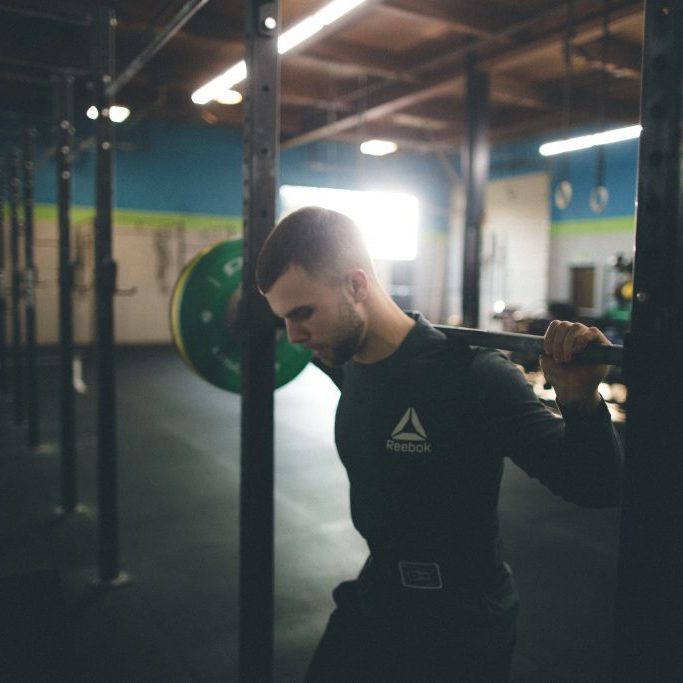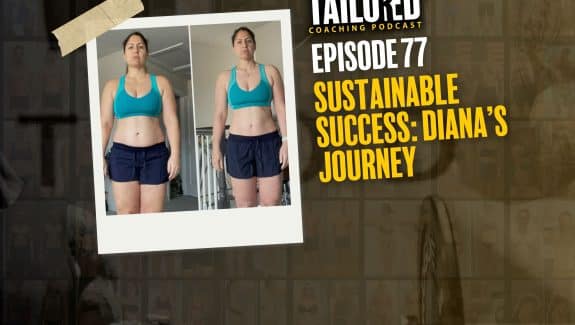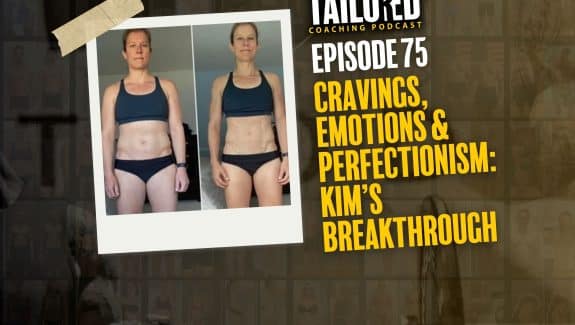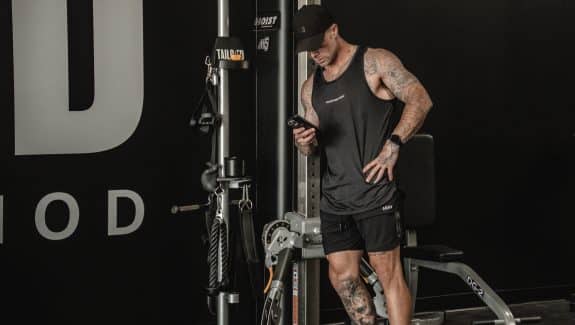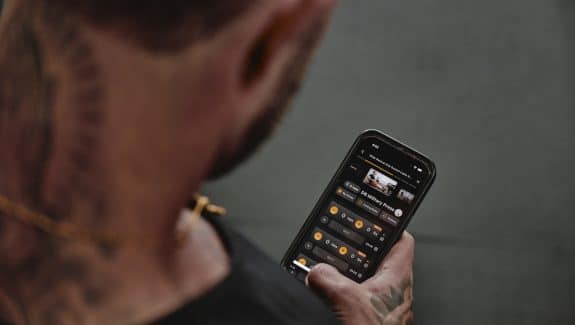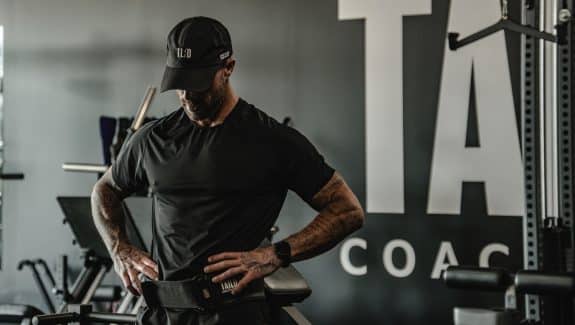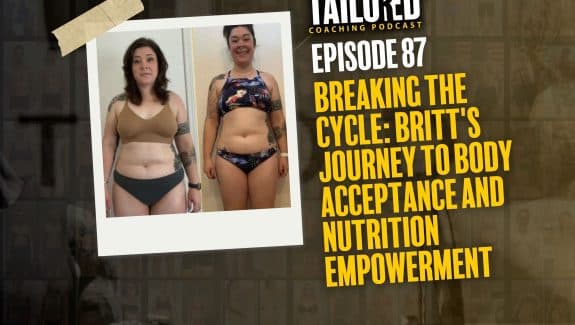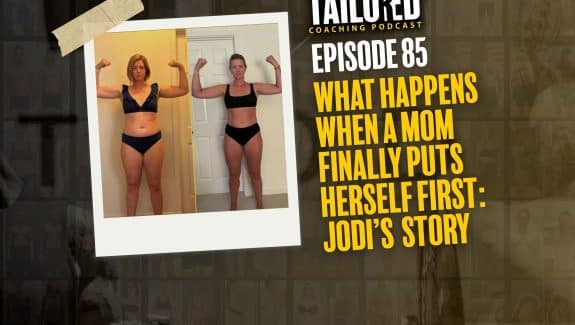“Biofeedback…? What exactly is that and why should I care about it?”
Biofeedback – a process whereby electronic monitoring of a normally automatic bodily function is used to train someone to acquire voluntary control of that function.
Uhhhh…. No. That’s not what I’m talking about, but apparently that’s how Google defines biofeedback.
Biofeedback, in my own definition, is a representative of all the different signals the body sends us letting us know how well we’re functioning or how dysfunctional we actually may be.
Biofeedback is typically a measurement or a gage to check on the body’s hormonal function and balance.
As most of you may already be well aware of, the body takes a hit hormonally when we diet too hard, train too hard, don’t recover enough, or simply do not take care of it. The problem for most, is that their goals may not go hand in hand with taking care of the body.
Most people want to get really lean or they want to compete at a high level, whether that’s a bikini or bodybuilding show or it’s competing on a powerlifting platform or CrossFit competition.
Either way, those goals do not support a healthy hormonal environment because at some point you’re going to need to be in a caloric deficit to strip all that unwanted body fat off your body or you’re going to be pushing your body to it’s absolute physical breaking point. Biofeedback is how we manage this without going too far.
Biofeedback is the measurement tool that tells us when we’ve gone to far, when our body has almost had enough, and when our body is ready for more.
Biofeedback is your hunger, cravings, sex drive, energy, fatigue level, sleep quality, stress, mood swings… biofeedback is every signal the body will make or stop making successfully when it is hormonally out of sync.
When we go too long in a deficit, our sex drive plummets and for men testosterone drops significantly.
When we under recover (or train too much/hard), our energy starts to decline and our fatigue levels start to dramatically incline.
When we put the body under too much stress whether that’s from chronic dieting or overly intense training, both of which are a form of under-recovery (check out my latest blog on recovery, HERE), all of these biofeedback markers will start to decline or become negatively impacted.
Which is why understanding and being aware of your own personal biofeedback, is so crucial for long-term results.
This is why every single client I work with is required to rank their biofeedback measures on a weekly basis, because when they become aware of their biofeedback metrics they understand what is actually going on with their body, why they are or are not seeing results, and the adjustments I may end up making as a coach a bit better.
So why am I telling you this? Why do you need to understand your own biofeedback?
Because it is the best way to track progress.
Yes the scale matters.
Yes progressing your weights and performance in the gym matters.
Yes the inches lost matter.
Yes the size of your arms matters.
But none of that will occur for you if your biofeedback is not reading positively. And if any of it does, while all your biofeedback metrics are crap, then you’re not going to experience those results happening for very long. I can promise you that.
Because at the end of the day, you can have all the self-discipline and motivation in the word… At some point, you’re going to get fed up with feeling like crap.
There are too many people out there experiencing these poor biofeedback markers and not doing anything about it – and it’s most likely because they just do not actually understand what to do about it.
Which is why I’m writing this. I’ve had countless clients come to me who are:
- Under Eating
- Under Recovering
- Over Doing Intense Training
- Not Sleeping Enough
- Ignoring The Right Macros (No Carbs, Minimal Fats, Too Much Protein)
- Failing To Adjust Training and Nutrition Throughout The Year
So how do you actually stop this and start seeing better results?
How can you take a stand and feel better now so you can look and perform better later? (Yes, “later”… Sometimes it takes time, but it’s better than where you’re at now… isn’t it?!)
I’ll tell you what your best options are AND provide you with some specific resources to fully understand this entire situation better:
– Before you even try to fix any of the issues above, you need to track your biofeedback. Because you can’t start worrying and stressing about what could be crap, without knowing what actually is first. This will allow you to dial in your focus and figure out what you actually need to worry about.
Best way to track biofeedback, in my honest opinion, is just an old-school notepad and pen. Journal your sleep, energy, performance in the gym, cravings/hunger, sex drive, stress, etc…. All the biofeedback markers I’ve been discussing so far, track them daily or weekly by ranking each of them on a scale of 1-5.
– The first thing you should probably do, because it’s the easiest thing to adjust immediately, is fix your sleep. I’m talking more hours in bed and better hours in bed!
Don’t get too excited, still talking sleep here guys… Although that really does help too.
How long? Best ways? How to improve quality? There’s so much you can do, I wrote an article all about sleep to help you out – Get the Sleep Fix Article HERE.
– Next we need to look at your nutrition prescription or lack there of. If you’re not tracking your diet, start doing that a.s.a.p. – Awareness is the first step in positive change.
Once you start tracking, research where your nutrition should actually be. My suggestion is checking out my latest E-Book, The Nutrition Hierarchy: The All Inclusive Guide To Mastering Your Diet – Get it HERE.
In this guide, I break down literally everything you need to know and everything I focus on when dialing in a client’s nutrition prescription.
Calories, macronutrients, micronutrients, meal timing, meal frequency, supplements, and more….
⇒ Now that you’ve fixed sleep and you’ve fixed nutrition, you need to make sure your training is on point. Most people are in polar opposite positions, either they’re not training enough to elicit any real change or they’re just going way over board on something.
I see a lot of the “intensity abusers” that are doing CrossFit 6x a week and contemplating doing 2-a-days.
I also see a lot of the cardio kings and queens that are on the treadmill an hour a day to get that “thin skin look” to their physique.
And finally, I can’t forget to mention, the fitness junkies… The ones who do a little bit of it all! They just love fitness activities and honestly, I can’t blame you – in fact, I respect the hell out of you for it. The issue is, if you’re lifting weights and doing bootcamp and doing soul cycle and hiking on the weekends, etc…
You just need to slow down. Period. Have 2-3 intense days per week, have 2-3 lower intensity days, and have 1-2 rest days per week.
That is PLENTY to see results.
And the fact of this one is, a coach is always the most helpful way to win this battle and start seeing better results.
If you’re in need of an individualized training (and/or nutrition) program, plus 24-7 coaching access and accountability, Click Here Now and Apply for a Strategy Call.
⇒ Last but definitely not least, is nutritional periodization. This is a fancy way of saying “you cannot diet forever.”
But the same thing goes for athletes who are eating in massive surpluses or eating quick meals around training just to get calories in… You just cannot do it year-round.
You need periods of time where you’re in a deficit, periods at maintenance, periods in a surplus, periods with higher fat ratios to resynthesize hormones, periods with higher carb ratios for better performance, etc…
So you can better understand this theory and actually implement it personally, I wrote an article covering it all – Click HERE now to learn more about the Nutrition Periodization Theory.

